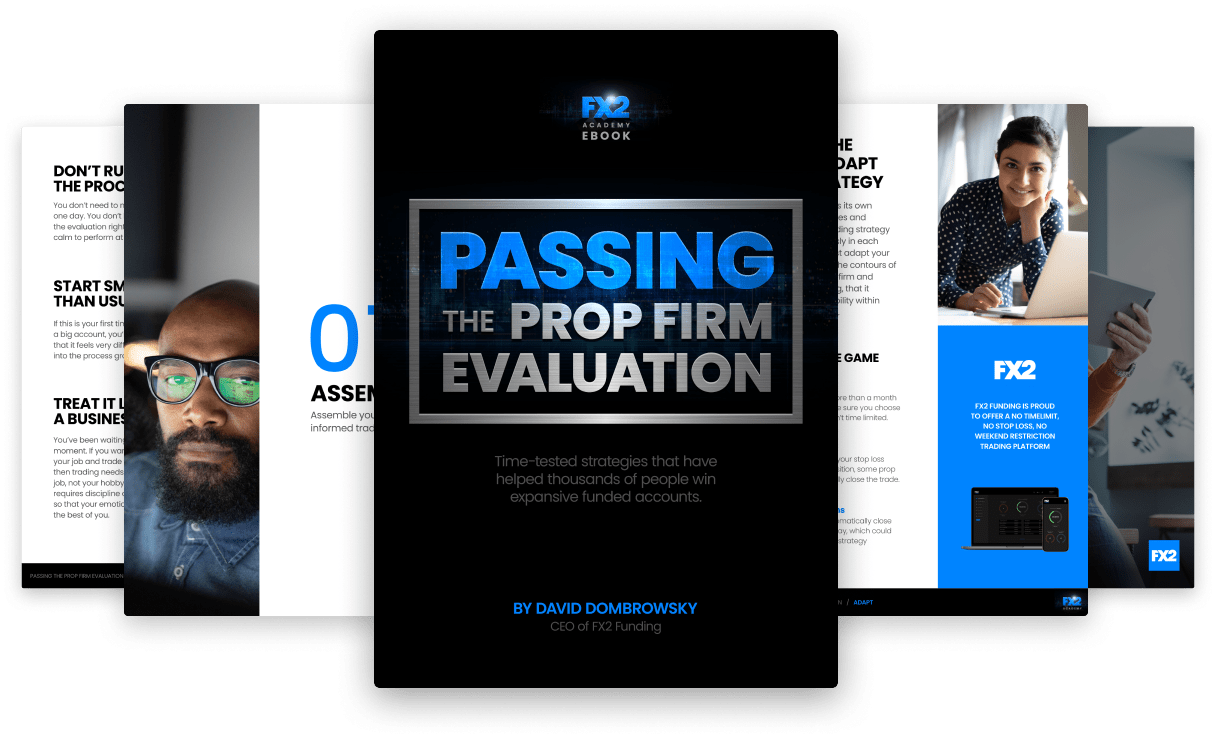Prop trading as we know it today has grown in leaps and bounds over decades. However, it became more fashionable post-2012 after banks' proprietary trading activities were curtailed by Basel 2 and the Volcker Rule regulations. As a result, prop firms like FTMO,
FX2 Funding, SurgeTrader, Audacity Capital, and others attracted more retail traders into the ecosystem through increased access to capital, remote access, training and education, support and mentorship, and access to sophisticated risk management analytical tools.
Prop firms are one element of a large compound that is the prop trading ecosystem. The firms rely on retail traders to operate accounts to generate capital. Traders cannot access the trading instruments without broker services. Brokers facilitate financial transactions at scale. Furthermore, SaaS businesses create software for evaluating traders and displaying crucial metrics regarding trading activities. Also, social media influencers and internet forums help to spread the word about prop trading. The platforms also provide crucial insights into the benefits of the industry, and they are a great resource when doing due diligence.
Most prop firms rely on evaluation fees, professional trading courses, and profit splits for revenue. This business model has been a game-changer for retail traders, who now have unfettered access to multiple pathways to profits. Nevertheless, the industry may be unsafe for some participants because unscrupulous players may scam them. The biggest challenge, which also underlies the industry's ugly side, is the lack of proper regulations for the industry.
Despite the challenges and ugliness, the future of prop trading firms is bright. More firms anticipate the coming months and years to present huge opportunities for profit, and many are already making relevant investments. The possibility of the future of global finance experiencing immense volatility is the biggest driver of positive sentiment in the
prop trading industry.









